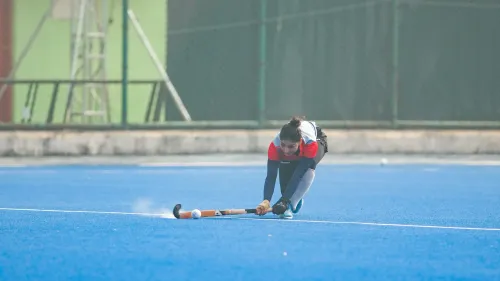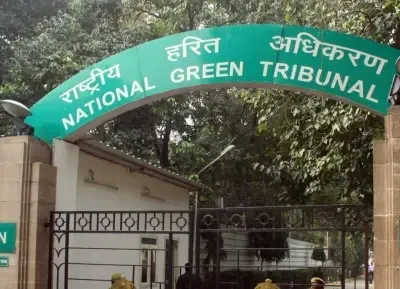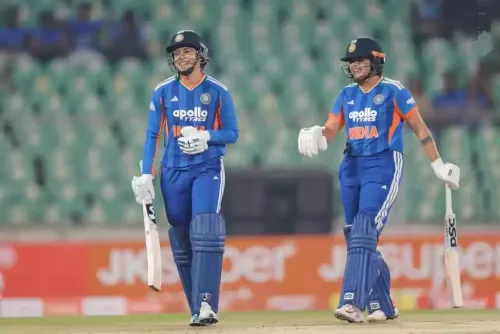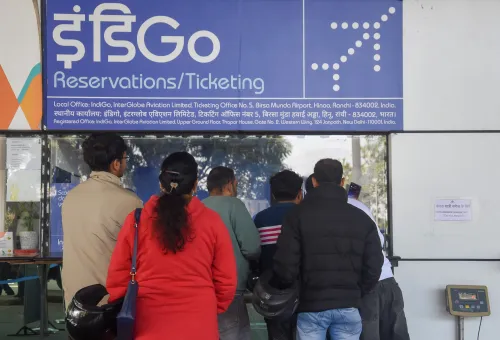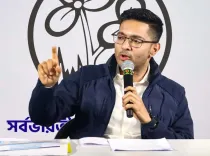Should There Be an Inquiry into the Rat Extermination Drive in Mumbai?
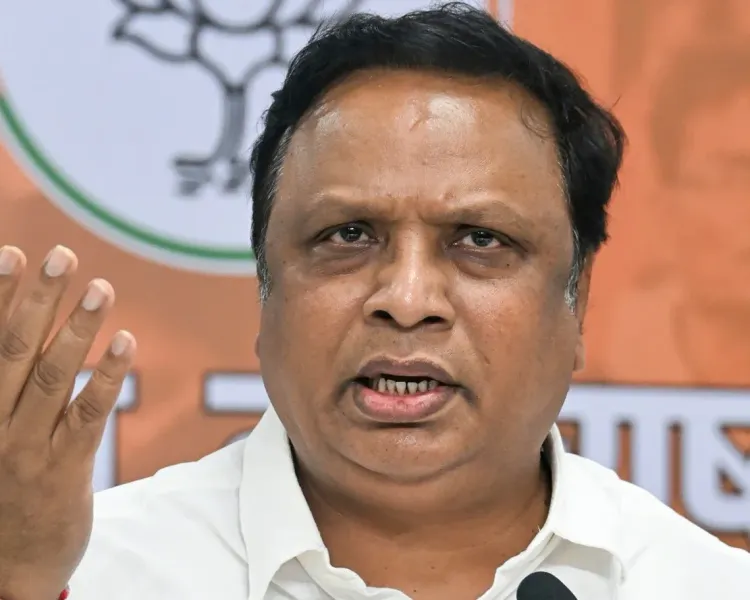
Synopsis
Key Takeaways
- Inquiry initiated into rat extermination claims.
- Minister Shelar questions the validity of BMC's reports.
- Rising cases of dengue and malaria are alarming.
- Over 30.5 lakh people surveyed by the BMC.
- Increased health measures mandated by Minister Shelar.
Mumbai, June 25 (NationPress) The Guardian Minister of Mumbai Suburban District, Ashish Shelar, prompted the BrihanMumbai Municipal Corporation (BMC) to initiate an inquiry into the rat extermination initiative executed over the last three months in the city.
He noted that while the BMC claims to have eliminated 2.5 lakh rats in Mumbai during the past six months, this number raises serious doubts.
During a review meeting today, he highlighted the rising incidents of dengue and malaria and the measures implemented to combat these diseases.
Despite the BMC’s assertions of eradicating 2.5 lakh rats in six months, official records reveal that from June 1 to 21, only 1,741 rats were killed using poison and 2,015 were trapped using cages.
Seventeen NGOs are reportedly involved across 17 wards in this operation, with cage trapping conducted by BMC staff. Minister Shelar expressed serious doubts about the authenticity of these figures and questioned the operation's validity.
He inquired, “What is the actual number of rats exterminated? Where were they disposed? In how many wards was the operation carried out? Was any of this documented?”
He stated that he has never seen such extensive rat extermination nor observed cages placed in public spaces.
Labeling the entire operation as “highly suspicious,” he instructed the Additional Commissioner to initiate a thorough investigation lasting three months and to provide a detailed report as soon as possible.
Meanwhile, a statement from Minister Shelar’s office indicated that between June 1 and June 21, 2025, Mumbai recorded 554 cases of malaria, 71 cases of dengue, 6 cases of chikungunya, 24 cases of leptospirosis, and 620 cases of gastroenteritis. In contrast, during the January–May 2024 period, there were 1,612 malaria cases, which surged to 1,973 in 2025. Dengue cases increased from 338 last year to 347 this year. Concerned about the rise in infections, the BMC conducted an extensive survey of 6,39,430 households, covering over 30.5 lakh people from June 1-21. The BMC gathered 1,02,243 blood samples, and 62,484 suspected leptospirosis cases were reported. Additionally, the BMC organized 37 medical camps and conducted surveys at 5,108 locations.
The release also noted that to tackle gastroenteritis, 21,429 ORS tablets were distributed, and 11,086 chlorine tablets were provided for water purification. In the same timeframe, 17,082 buildings were inspected for malaria control, with fogging conducted around 35,911 buildings and in 5,58,261 hutment areas.
However, as the number of patients continues to rise despite these efforts, Minister Shelar has instructed officials to enhance all control measures by 25 percent in the coming weeks.


